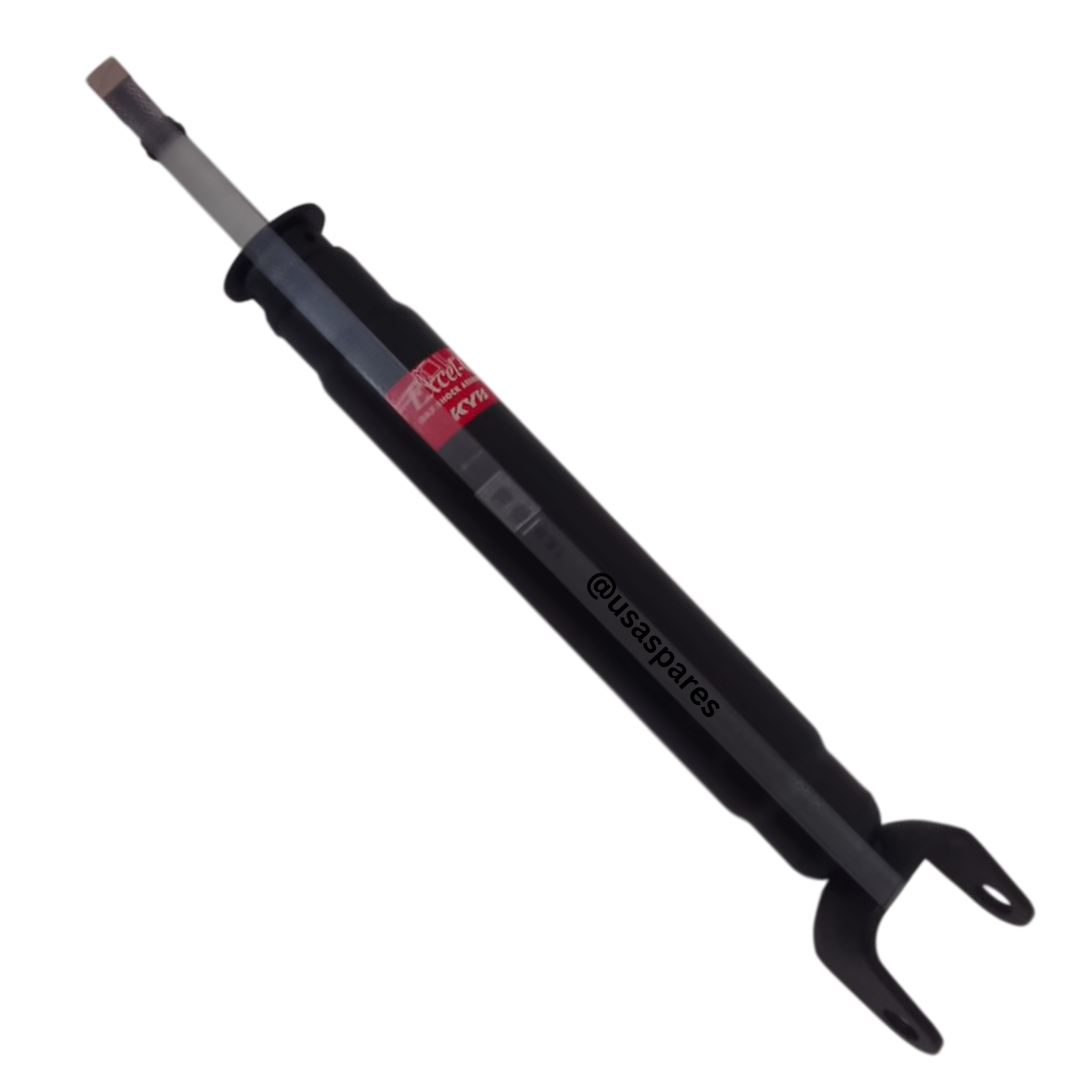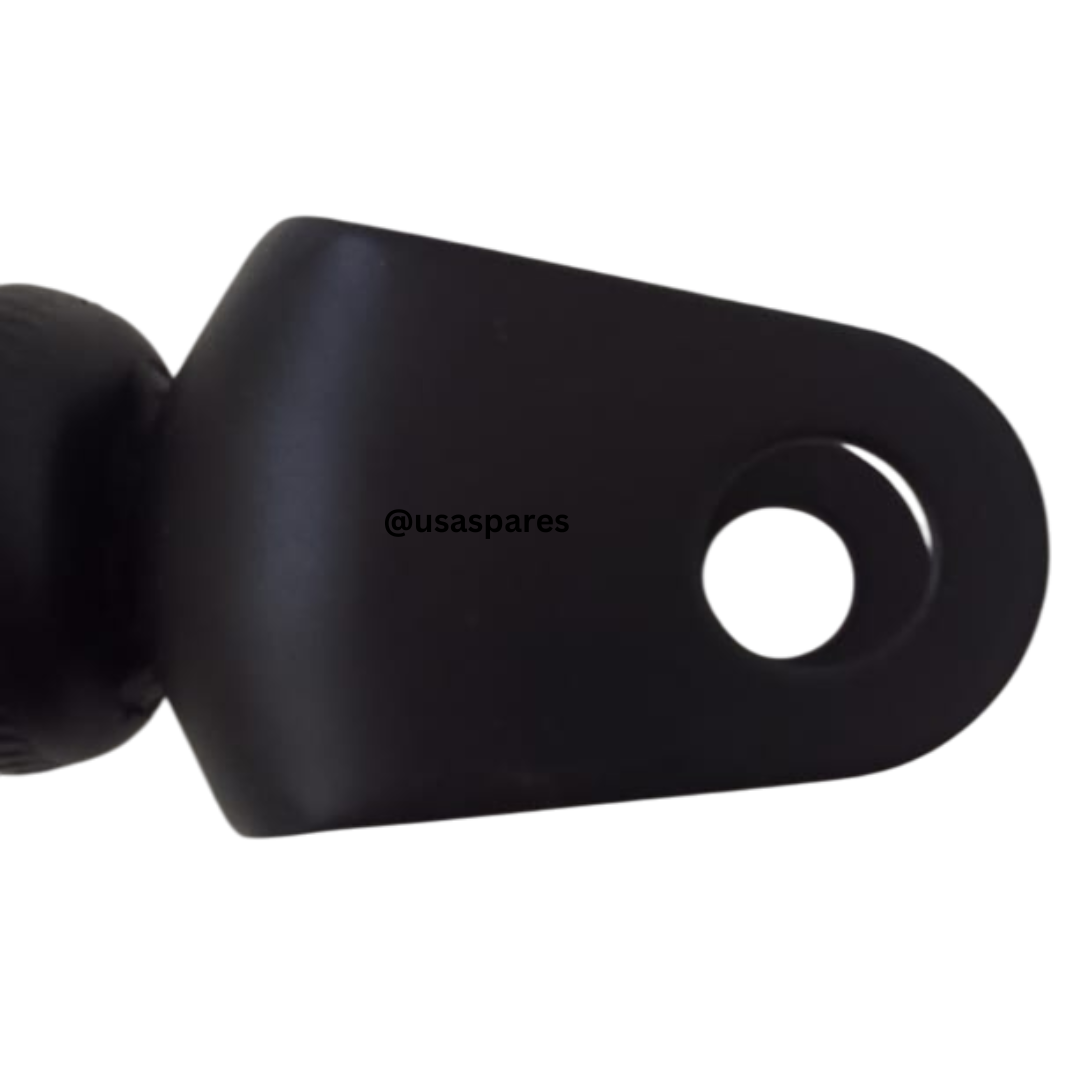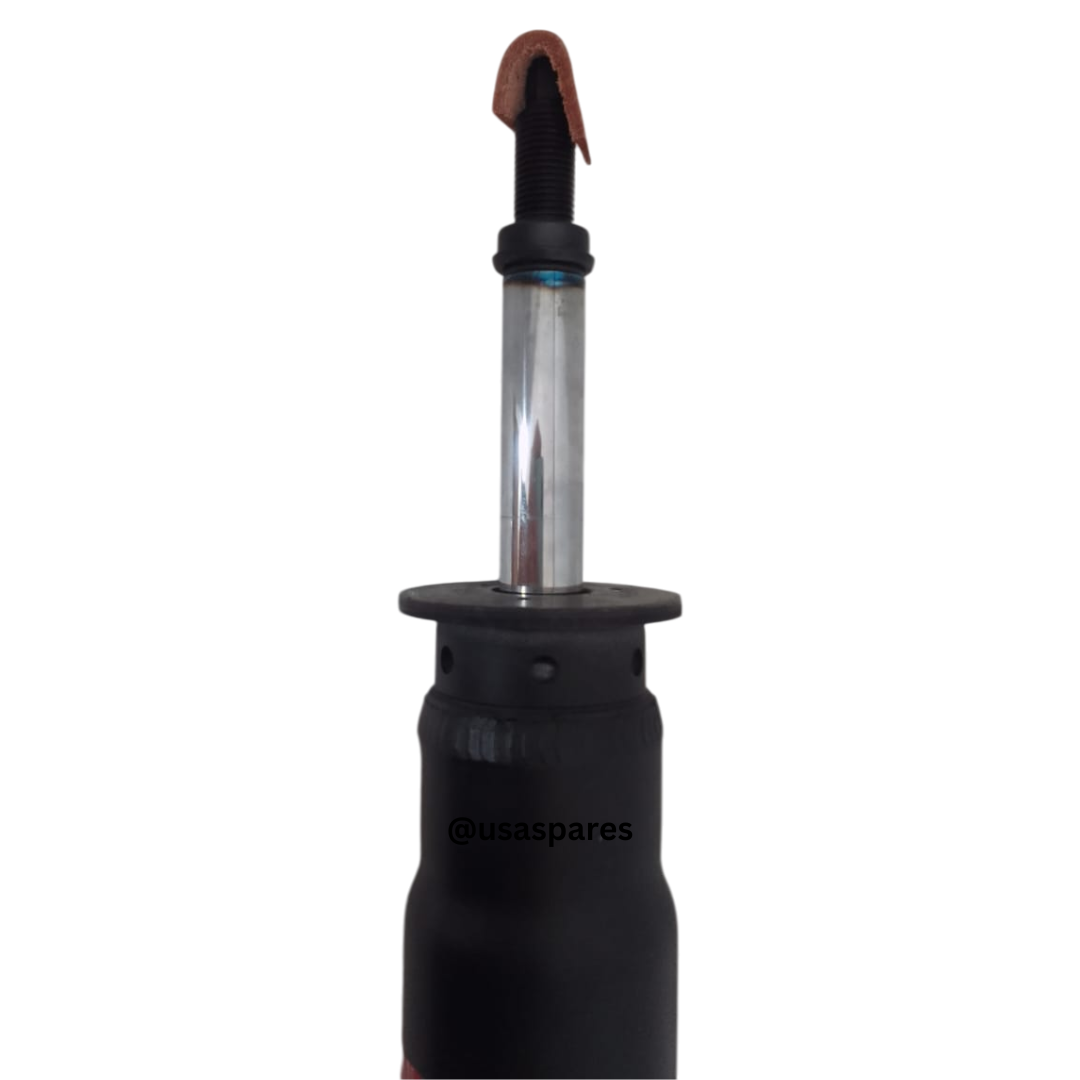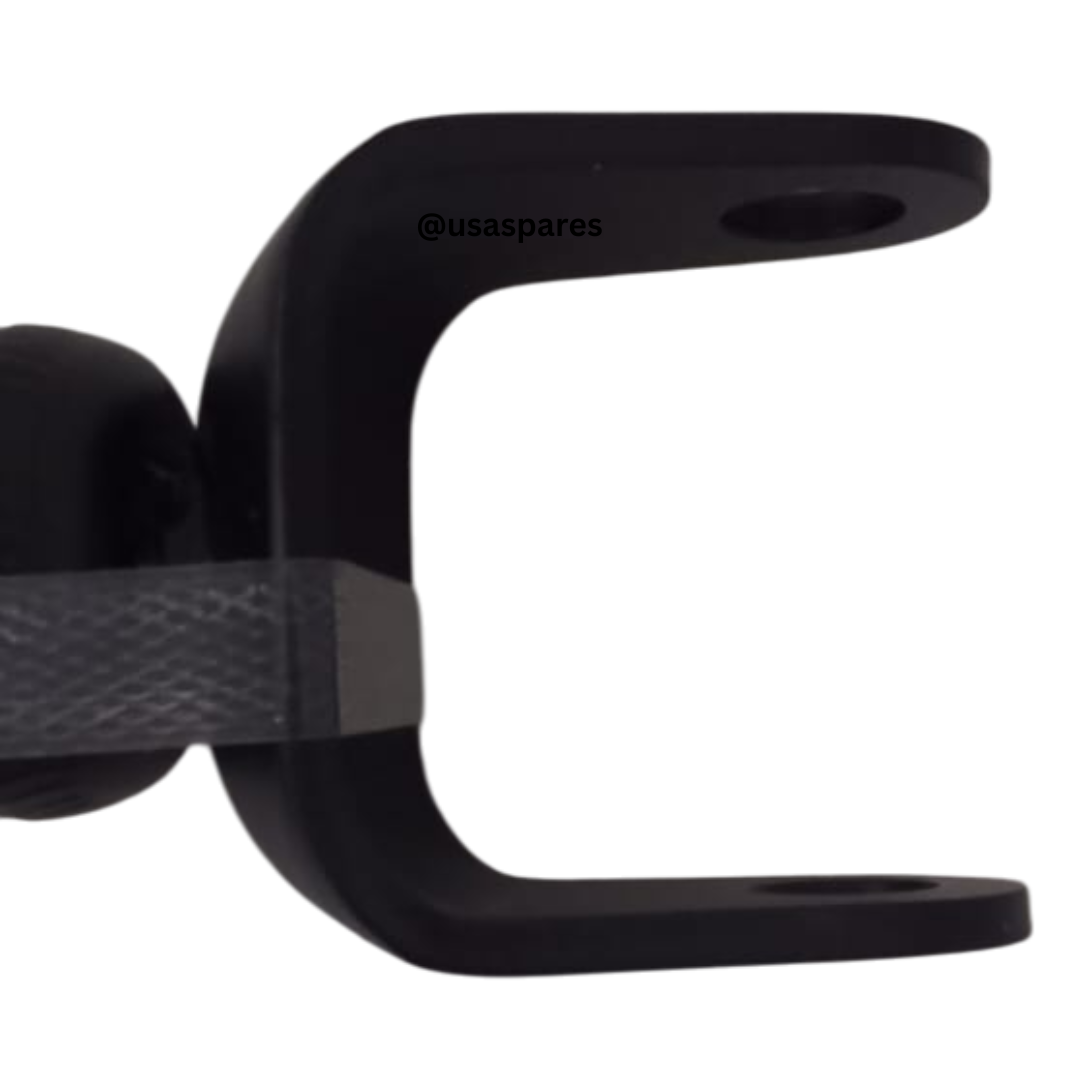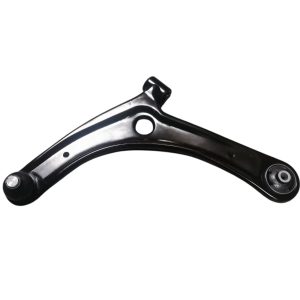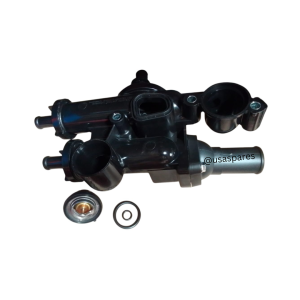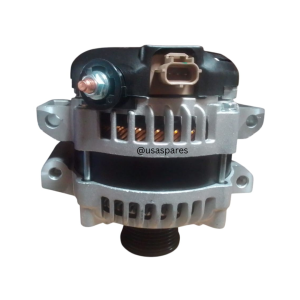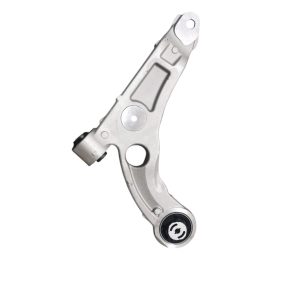Description
Jeep Grand Cherokee WK2 Rear Shocks: Function, Symptoms, and Replacement Guide
The Jeep Grand Cherokee WK2 rear shocks play a crucial role in the vehicle’s suspension system, providing a smooth and controlled ride. These shock absorbers help dampen road impacts, improve handling, and enhance overall stability. Whether you’re driving on highways or tackling off-road terrain, well-functioning rear shocks are essential for maintaining comfort and performance.
Function of Rear Shocks in the Jeep Grand Cherokee WK2
Rear shocks are responsible for:
- Absorbing road impacts from bumps, potholes, and uneven terrain.
- Reducing excessive vehicle bounce by controlling suspension movement.
- Improving traction by keeping the tires in contact with the road.
- Enhancing stability and handling for a safer driving experience.
- Minimizing wear on suspension components by reducing stress on other parts.
The WK2 model (2011–2021) of the Jeep Grand Cherokee is equipped with twin-tube, monotube, or adaptive air suspension shocks, depending on the trim level and package.
Common Symptoms of Worn-Out Rear Shocks
Over time, rear shocks wear out due to mileage, road conditions, and driving style. Signs that your Jeep Grand Cherokee WK2 rear shocks need replacement include:
- Excessive Bouncing – The vehicle continues to bounce after hitting a bump.
- Poor Handling & Stability – Increased body roll when cornering or swaying while driving.
- Uneven Tire Wear – Worn shocks can cause cupped or uneven tire wear due to improper suspension movement.
- Leaking Fluid – Visible oil leaks on the shock body indicate internal failure.
- Noisy Suspension – Clunking or knocking sounds when driving over bumps.
- Longer Braking Distances – Worn shocks reduce traction, affecting braking performance.
How to Replace Rear Shocks
If your rear shocks are worn out, follow these steps for replacement:
- Lift the Vehicle & Remove Wheels – Ensure the Jeep is securely lifted with jack stands.
- Locate the Rear Shocks – Found behind the rear wheels, connected to the suspension.
- Remove the Bolts & Old Shocks – Use a socket wrench to detach the mounting bolts.
- Install the New Rear Shocks – Align the new shocks and securely tighten the bolts.
- Reinstall Wheels & Lower the Vehicle – Torque the lug nuts to manufacturer specifications.
- Test Drive – Check ride comfort and handling to ensure proper installation.
Final Thoughts
The rear shocks are essential for a smooth, stable, and controlled ride. If you experience bouncing, poor handling, or suspension noise, it’s time to replace them. Choose OEM or high-quality aftermarket shocks for the best durability and performance, ensuring a comfortable and safe driving experience.

